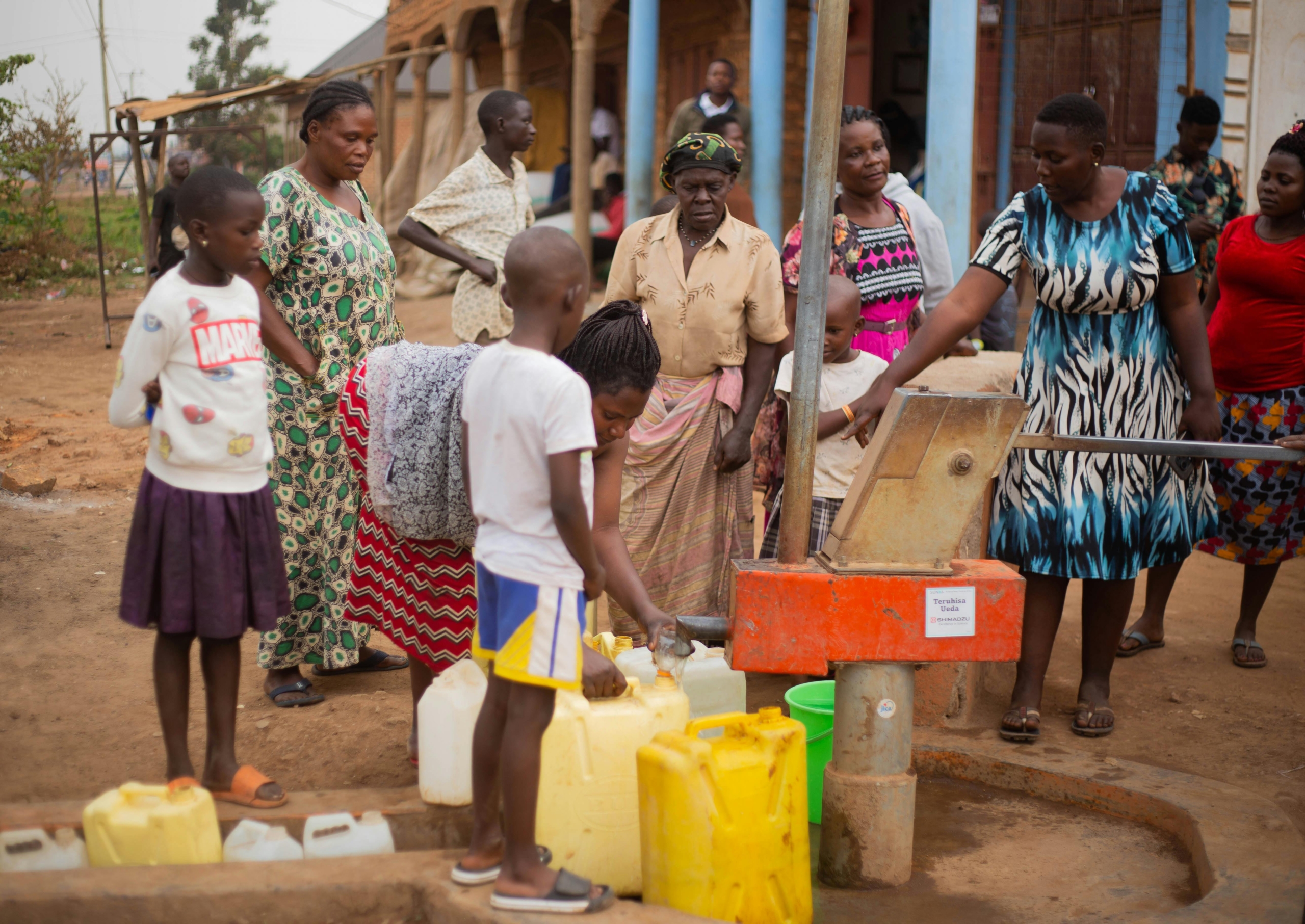Reverse Osmosis: A Path to Clean Water in Jamaica
 Access to clean, safe drinking water is integral for maintaining the health and everyday life of any human being, with the World Bank stating that it is “essential for human and economic development.” However, with less than 1% of the water on Earth being drinkable, not everyone has access to clean, safe water.
Access to clean, safe drinking water is integral for maintaining the health and everyday life of any human being, with the World Bank stating that it is “essential for human and economic development.” However, with less than 1% of the water on Earth being drinkable, not everyone has access to clean, safe water.
Access to Clean Water in Jamaica
The anthropogenic change in the climate is placing further stress on natural freshwater sources due to increasingly irregular rain patterns and more frequent extreme weather, such as droughts and flooding. This affects access to safe drinking water and damages water infrastructure, further limiting availability. In Jamaica, this has led to indefinite water restrictions in some areas as reservoirs like the Hermitage System and Mona Reservoir operate well below capacity, at 37% and 33%, respectively.
In recent years, Jamaica has even had to resort to water shutoffs where water is only accessible at certain times. This demonstrates that although Jamaica is known as “the land of wood and water,” access to clean and safe water remains an important issue and is only predicted to worsen if no intervention is undertaken to combat the impact of climate emergency.
Increasing Access to Clean Water in Jamaica
Jamaica’s National Environment and Planning Agency (NEPA), in response to the nation’s worsening clean water situation and the threat posed by adverse climate conditions, signed a grant agreement with the U.S. Trade and Development Agency (USTDA) on July 31, 2024. The grant “will support the development of reverse osmosis technology” by facilitating a study undertaken by the NEPA into 13 different national reverse osmosis sites and four international sites “that are environmentally responsible and reduce the impact on groundwater and marine life.”
Advancements in Reverse Osmosis Technology
Reverse Osmosis (RO) “is a multistage water filtration process that is used to remove up to 99.9% of contaminants.” This could simply be removing salt from seawater and turning it into safe and clean potable water for households or industries. However, it can also have other less obvious applications, such as removing heaving metals and dangerous chemicals from industrial wastewater, allowing it to be reused or distributed to the public. Both these applications of RO technology can help reduce water insecurity and help provide greater access to clean water in Jamaica.
Current developments in RO technology are also promising, offering increased efficiency at lower energy costs through a new pressure exchange system that fully automates the RO process. These new technological developments, combined with the implementation of RO systems made possible by the USTDA grants, can reduce Jamaica’s water insecurity while reducing the operation costs of such technology, making these services much more cost-effective and viable for a developing economy such as Jamaica’s.
Safe Water, Health and Poverty
While most people intuitively understand the importance of access to safe and clean water because it’s used copiously in daily life, it is also inextricably linked to health and, by extension, poverty. Clean water is essential not only for drinking and basic sanitation but also for many industries, including agriculture, which accounts for about one-twentieth of Jamaica’s gross domestic product (GDP). Therefore, a lack of access to clean and safe water can cause diseases such as cholera or diarrhea and reduce economic growth by impacting and limiting industries such as agriculture, which accounts for 29% of GDP and 65% of jobs in developing countries.
Poor health is a major cause of poverty and a significant barrier to escaping it, as medical treatment often forces those living in or near poverty to cover out-of-pocket expenses. Ill health also prevents the sick individual or those caring for them from working, creating a loss of earnings that “is often larger than that through medical expenses.” Therefore, disease and poor health caused by unsafe water, often resorted to when clean and safe water is unavailable, can directly impact or cause poverty. A lack of safe and clean water can also affect early childhood development due to time spent fetching water and associated illness with poor hygiene and sanitation, leading to disrupted education, another factor directly linked to increases in poverty.
Final Remarks
Achieving 100% access to clean water across Jamaica is essential for reducing poverty-related factors and fostering economic growth. The USTDA’s support will help accelerate progress toward this goal while facilitating the implementation of sustainable, long-lasting infrastructure to meet Jamaica’s ongoing demand for clean water. Advancements in RO technology further support meeting future water demands while lowering energy costs, making RO a more viable long-term solution for Jamaica’s clean water needs. This will help reduce the impact of a lack of clean and safe water as an influencing cause of poverty and its continuation, hopefully paving the way for further poverty reduction measures in the country.
– Archie Day
Archie is based in St Andrews, Scotland and focuses on Technology and Global Health for The Borgen Project.
Photo: Pexels
